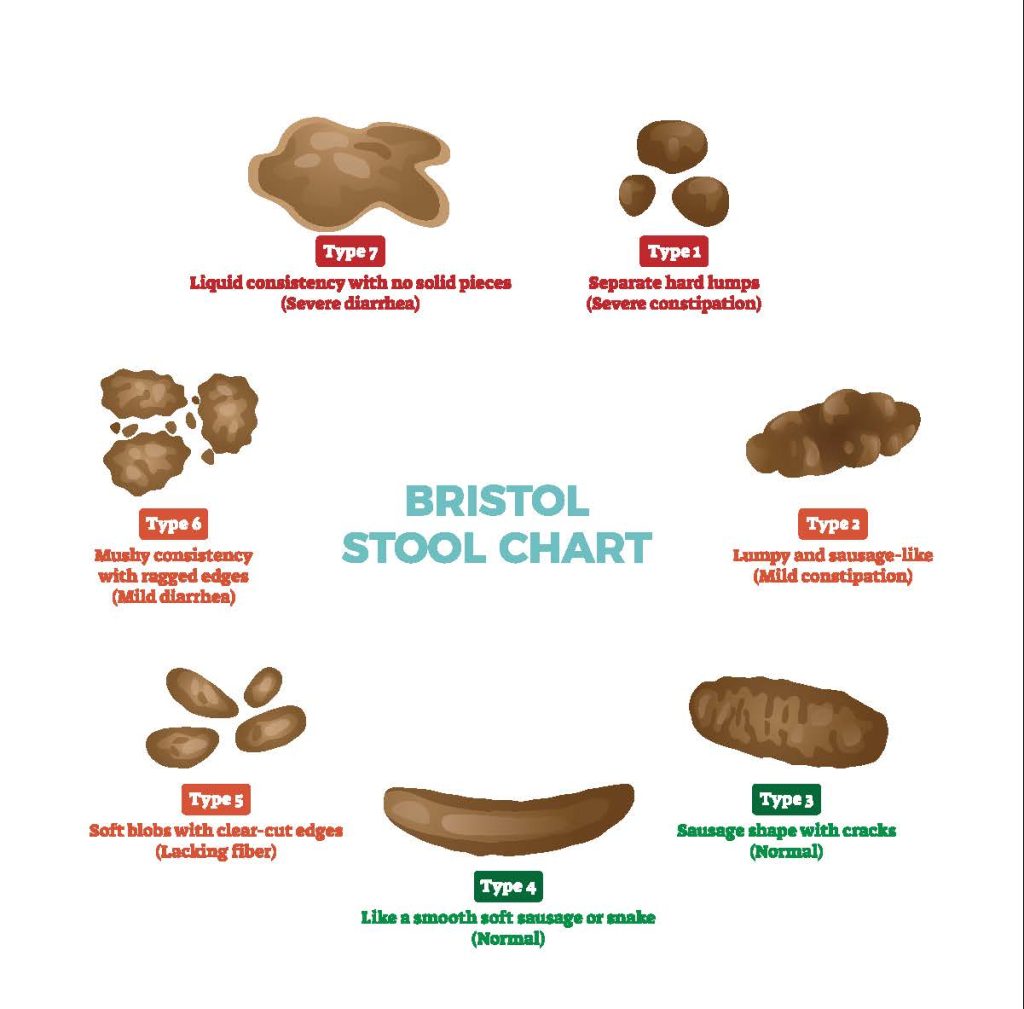Let’s start our discussion of leaky gut with an understanding of what we mean by the gut itself. The entire length of the GI tract—everything from the esophagus to the stomach to the small intestine, colon, and rectum—and the activity that begins the moment food is placed into the mouth, until it hits the toilet—is what we call the gut.
Leaky Gut (Increased Intestinal Permeability in Medical Speak)
We have a single layer of cells along our GI tract, and the health and integrity of this layer of cells, called our epithelial cell layer, is critical for our overall health and immune system. Each cell is cemented to another by something called a tight junction. When these tight junctions begin to break down, a leaky gut ensues.
The medical term for this breakdown is increased intestinal permeability, but most people have come to call it “leaky gut,” which describes an unhealthy gut lining and gut environment.
What causes the tight junctions to break down? Exposure to certain foods (artificial dyes, processed foods, refined sugar), medications (antacids, unnecessary antibiotics, steroids), or environmental toxins (herbicides or pesticides), interferes with the growth of beneficial bacteria in the gut and also creates inflammation. This inflammation damages the epithelial cells and the tight junctions, making the gut more permeable. The body then begins to absorb things into the bloodstream that shouldn’t be there. Once these runaway molecules from the gut hit the bloodstream, they set off a cascade of inflammation as the body responds to them as if they are invaders.
Healthy Gut versus Leaky Gut, Illustrated
The graphic below is a great illustration of how an unhealthy or leaky cell, leads to a leaky gut, which leads to inflammation affecting the brain and central nervous system.
In my private practice for kids with with eczema, asthma, allergies, constipation, and recurrent illnesses, we see how improved nutrition and digestion helps their overall health. With better nutrition, they sleep better and more restfully, their meltdowns or mood swings improve, and some are better able to focus.


The Gut-Immune System Connection
An interwoven connection exists between the environment of the gut, inflammation, environmental allergies, food allergies, food sensitivities, and autoimmune diseases. Unfortunately this wasn’t covered during my medical school and residency. Here’s how it works.
The gut is the hub for about 70 percent of our immune system. This might surprise you until you consider that it regulates the breakdown and absorption of food, it is often where skin issues stem from, and of course it governs our waste removal and detoxification.
A well-functioning GI system does more to keep the immune system—and the body itself—in balance than any supplement or medication could ever hope to.
Fermented foods, fiber and nutrients from our food as well as being outside in nature and playing in the dirt, contribute significantly to the health of our GI tract. Together they enhance the content and diversity of the bacteria in the gut (also called the microbiome). This sets the stage for a strong, well-functioning, well-balanced immune system.

You want a daily BM in Category 3 or 4
My first and highest priority when working with a child is to get her gut in order. We want daily, easy, formed stools (see the Bristol stool chart above).
Stools should be quick and should not be a major, foul-smelling event. They will be stinky, yes, but not clear-the-room foul. Daily easy stools are one of our first indicators of a healthy gut.
When a Gut is Inflamed
An inflamed gut makes our bodies struggle to effectively and efficiently absorb all the nutrients from our food. If this inflammation goes unchecked for months or years, it leads to nutrient deficiencies such as low iron, and spreads to many different systems.
This inflamed or leaky gut lining is part of the reason children who have asthma also have eczema, bumps on the backs of their arms and cheeks, chronic runny nose, constipation, recurrent ear infections, and sometimes lots of meltdowns. In conventional medicine, we look at all of these symptoms as separate illnesses, but in integrative medicine, we look at them as chronic, unchecked, systemic inflammation.
Inflammation in the Gut and Behavior/Mood Challenges
We don’t have fences in the body. Undigested food particles trigger a cascade of inflammation into our bloodstream, affecting all other systems. This includes our brain and nervous system.

For example, children who have constipation often have behavior and mood problems. At day two, three, or four without a bowel movement, the build-up of metabolic byproducts can contribute to behavior issues. These can often look like meltdowns in the younger kids and mood swings or emotional outbursts in older kids.
The next time you start to discipline your constipated child, take a pause. When did they last poop? See if you can get their bowels back on track with the complete step-by-step strategy as outlined in my book. (As I post this, the book is on sale). Lean toward improving their digestive function and let’s see if we can restore some semblance of harmony in your home!
Healing a Leaky Gut Using the 5-R Approach
This simple mnemonic the “5-R Approach” will help you remember the process we go through to heal a leaky gut. It is the foundation of my HKHM program.
- Remove – food not found in nature
- Replace – vitamins, minerals, fats, fiber, protein – HKHM MultiVite+ is great supplement to help with this
- Reinoculate – prebiotics and fermented foods, or probiotic and prebiotic supplements supplements like HKHM Plantadophilus and HKHM Bio-Active Aloe
- Repair with digestive enzymes like our HKHM capsules, chewable, or powder and omega-3 fats like HKHM omega-3 fish oil capsules or liquid
- Reintroduce the eliminated foods slowly, one at a time (except for the processed foods).
My book and workbook walk you through this approach and the supplements I use with my private patients.
I also have a supportive Facebook Community for parents and Dr.Kibane’s Healthy Kids Happy Moms Book Club. I hope to see you there.
References:
- National Research Council (US) Committee to Study the Human Health Effects of Subtherapeutic Antibiotic Use in Animal Feeds https://pubmed.ncbi.nlm.nih.gov/25032407/
- Fassano, A. “Leaky Gut and Autoimmune Diseases.” https://pubmed.ncbi.nlm.nih.gov/22109896/








